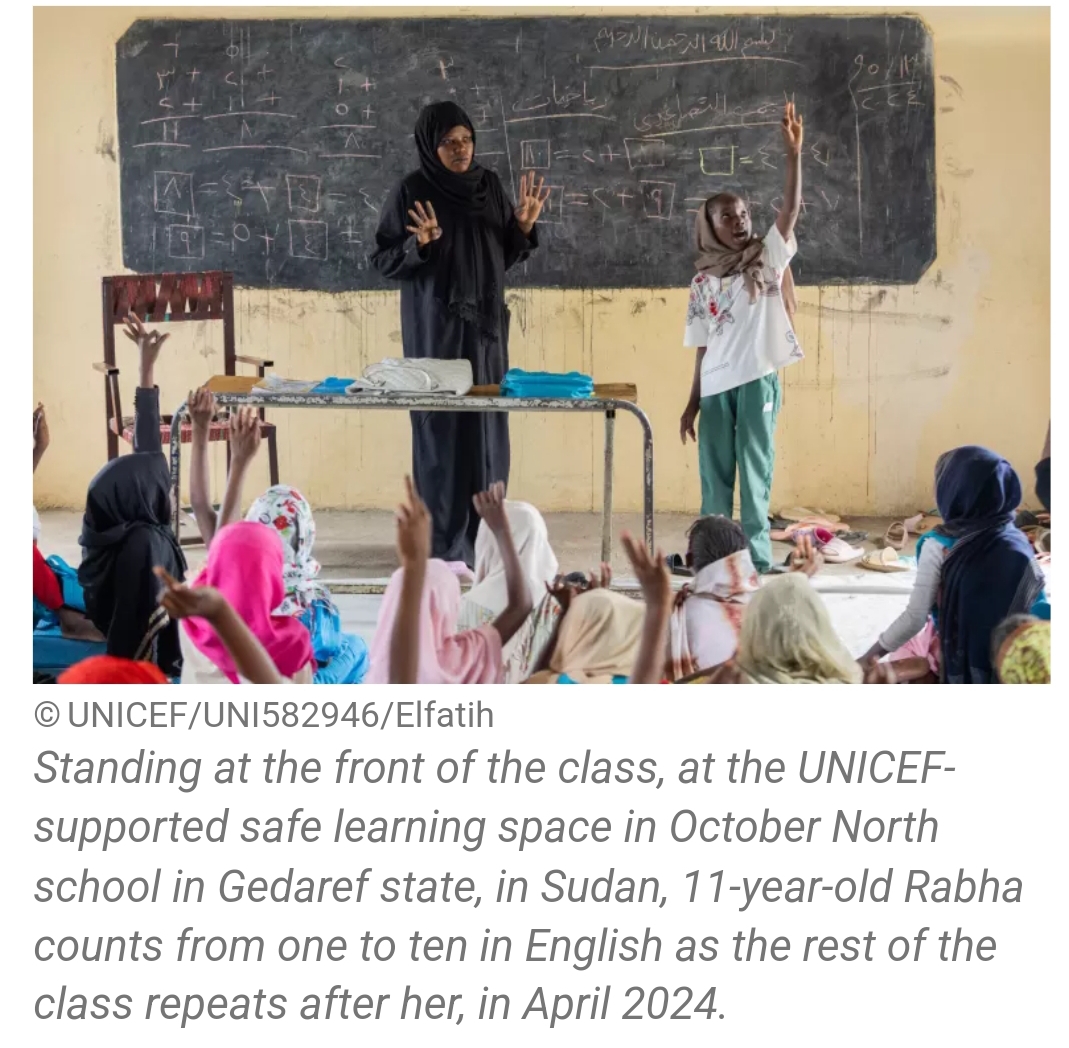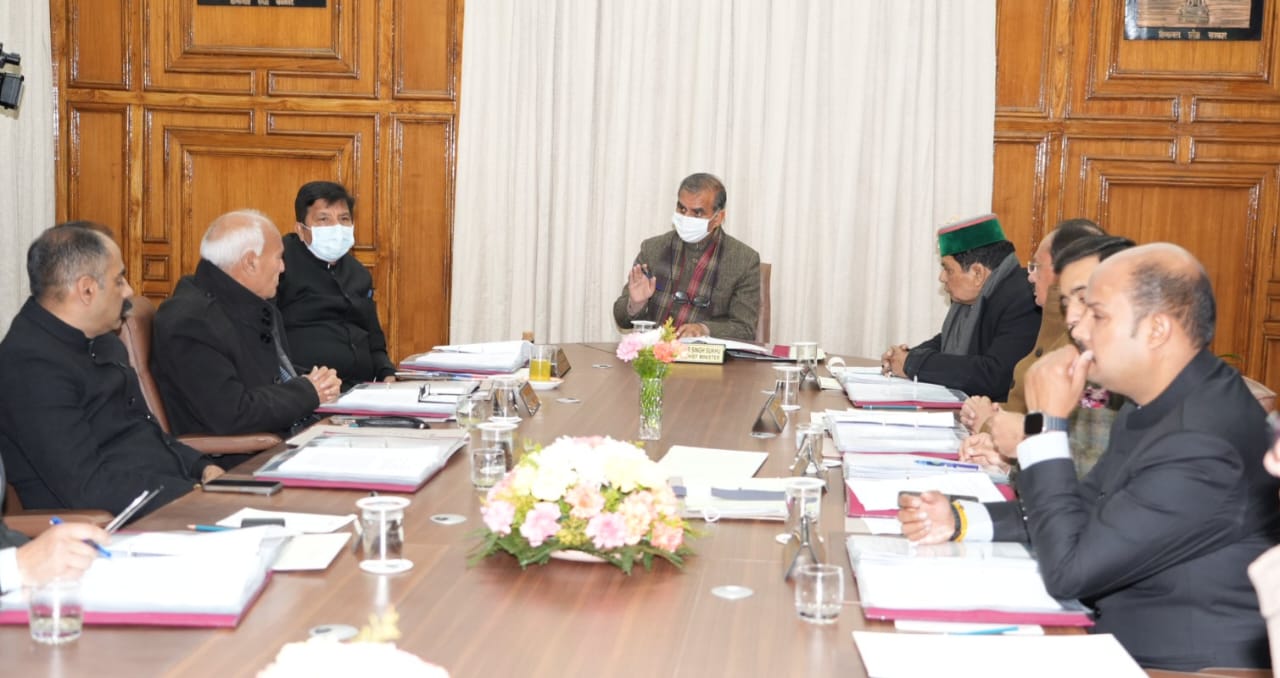UNICEF Urges Urgent Action to Prevent Crisis from Claiming an Entire Generation of Children in Sudan.
Geneva:
UNICEF has issued a stark warning regarding the dire humanitarian situation facing children in Sudan, highlighting that millions of children are at severe risk due to ongoing conflict, displacement, and hunger in the country. Lucia Elmi, UNICEF’s Director of Emergency Programmes, addressed the international community at the Palais des Nations in Geneva, underscoring the urgent need for immediate and coordinated action to prevent a lost generation in Sudan.
Elmi, who returned from a recent visit to Sudan, shared harrowing accounts from her time in the conflict-ravaged regions of Kassala, Gedaref, and Wad Medani, where children are being subjected to extreme hardship. More than 16 million children in Sudan urgently require humanitarian aid, with nearly 17 million children being deprived of education for over two years due to the escalating violence. Girls, in particular, are facing severe risks, including sexual violence, trafficking, and forced marriages.
“Children are being killed, maimed, and displaced, with grave violations reported daily. Many are recruited and used by armed groups, forced into child labor, and married off at a young age,” Elmi said. “The psychological toll is devastating—conflict, loss, and displacement have left children struggling with anxiety, depression, and trauma. Urgent action is needed to protect Sudan’s children.”
The ongoing violence in Sudan has caused widespread displacement, and children are among the most vulnerable in this crisis. Elmi described the difficulties of delivering aid, citing bureaucratic hurdles and ongoing attacks on humanitarian workers as major obstacles to providing relief in conflict zones. Despite these challenges, she also observed signs of hope. Displaced and host communities have come together to help deliver humanitarian services, and children have expressed a strong desire to learn, with many attending temporary learning centres. For some, these centres represent their first opportunity for an education.
However, the humanitarian situation remains grim. The conflict has contributed to one of the worst food crises in the region, with famine now affecting multiple areas, including displacement camps in North Darfur and the Western Nuba Mountains. Since April 2023, the number of people facing acute food insecurity has tripled, and at least 3.2 million children under five are expected to suffer from acute malnutrition this year. Of these, 770,000 children are facing severe acute malnutrition—the deadliest form of hunger.
The lack of access to basic services such as safe drinking water, sanitation, and healthcare has further exacerbated the crisis. “Without these services, children will not survive,” Elmi warned. “In famine-affected areas, basic services have collapsed.”
Despite the immense challenges, UNICEF has been on the ground providing critical services. In 2024, the organization supported 2.7 million children and caregivers with psychosocial support, education, and protection services. Additionally, UNICEF delivered safe drinking water to nearly 10 million people and screened 6.7 million children for malnutrition, providing life-saving treatment to 422,000 of them.
Looking ahead, UNICEF has vowed to continue its efforts in 2025, focusing on delivering urgent assistance while working to restore essential services and build resilience in the hardest-hit areas. However, Elmi emphasized that the scale of the crisis is far too great for any single organization to handle alone.
To prevent further suffering and loss of life, UNICEF is calling on all actors—governments, donors, and parties to the conflict—to take immediate action. “We must guarantee humanitarian access across conflict lines and borders, protect humanitarian workers and supplies, and increase funding to meet the escalating needs,” Elmi said. “Most importantly, the violence must end. The children of Sudan cannot wait. The world must act—now.”
As the conflict in Sudan continues to rage, the children of the country remain at grave risk, facing the very real possibility of growing up without the education, safety, or opportunities that every child deserves. UNICEF’s call to action is a critical plea to the global community to act swiftly and decisively before an entire generation is lost to the violence and hardship of this devastating crisis.




